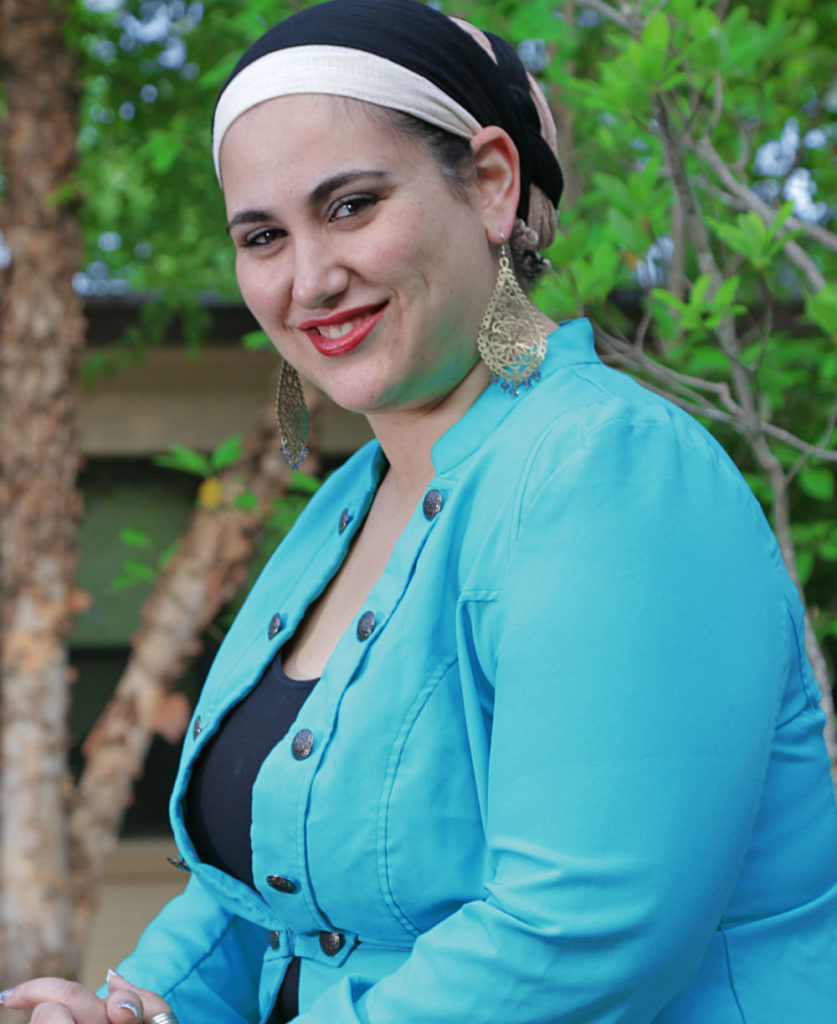Resources

Parashat Mishpatim: Laws of Compassion
This summer in Israel/Palestine, I visited several Bedouin communities. At Al Araqib I marched with the women and girls of the village—which the IDF has leveled more than 100 times in the last six years—from one of its hastily re-erected gathering spaces, across the desert hills, under the hot summer sun, to a building in...
more

PREPARE
This is God’s message for the people before they are to experience the awesome Presence at the mountain: “Lekh el-ha’am v’kidashtam hayom umakhar…” Go to the people and sanctify them. The exact meaning and practice of this sanctification is not explained. Some commentators, such as Rashbam and Ibn Ezra, see it as purification and read...
more

Singing at the Sea, Planting on the Mountain
“Shabbat Shirah” is so-named because its reading contains Shirat Ha-Yam, the Song of the Sea. In biblical Hebrew, the word shirah usually denotes a poem rather than music or strophic song in its commonly-known modern Hebrew sense. Many congregations use this opportunity to create special musical programming, taking the latter translation of “Shabbat of Song.”...
more

You Can’t Leave Anyone Behind
I love Israel. But I could never live in a place called “the Jewish homeland” when progressive Jews are treated as second-class citizens. In Israel, the Orthodox establishment controls matters of personal status – primarily conversions and marriages. Jews who wish to be married, religiously, by a Conservative, Reconstructionist, or Reform rabbi generally leave the...
more

How Patience Destroys the Hope of Redemption
My step-daughter has a very distinctive sense of style, part Goth, part Emo, part anime, part steam-punk, part Asian, part her. She is also very petite, and finds it hard to find the clothes that she likes in her size. We recently realized that we can often find things that fit her if we order...
more
Yovel Text Study: Betach (Security)
Imagine the time leading up to the sh’mita year in the ancient world. In an agricultural society, people no doubt would have been anxious: what would they eat while the land rested? Would the previous season’s crop suffice for an extra year? And before the yovel year, the anxiety must have been doubled, as the produce of the forty-eighth year would have to last for two extra years! This passage in Leviticus acknowledges this fear, and also frames the yovel year as a time to cultivate a sense of security not based on material possessions.
more

A Time for Realism, or a Time for Imagination?
For many of us, we anticipate that this week will be full of so much change and upheaval, fear and anger, anxiety and sadness, and hopefully also motivation and drive to act. So how do we respond in the face of great challenge? Our Israelite ancestors certainly faced some pretty trying circumstances, so what can...
more

Building Beloved Community…Creating Rewarding Conclusions
In Parashat VaYechi, Jacob is reaching the end of his life, yet the opening words quantify his life. “Jacob lived seventeen years in the land of Egypt, so that the span of Jacob’s life came to one hundred and forty-seven years.” (Genesis 47:28) Most commentators see this statement as a recognition that finally, Jacob is...
more
Yovel Text Study: The Land Is Mine
Each yovel—the last year of a fifty-year cycle—returns the entire land to its original owners. What might be described as radical land reform aims to prevent the development of a permanent underclass, but beyond this, expands our consciousness to understand that land is fundamentally not for sale, that on some level the entire earth belongs to God and never really to us.
more

The Audacious Yehudah
As a concerned young adult living in Bangkok, I tried to make sense of the brokenness around me by doing volunteer work with like-minded meditation practitioners. Following the social action trail, we found ourselves in one of the many refugee villages along the Laotian/Thai border that continued to exist in the decade after the fall...
more



